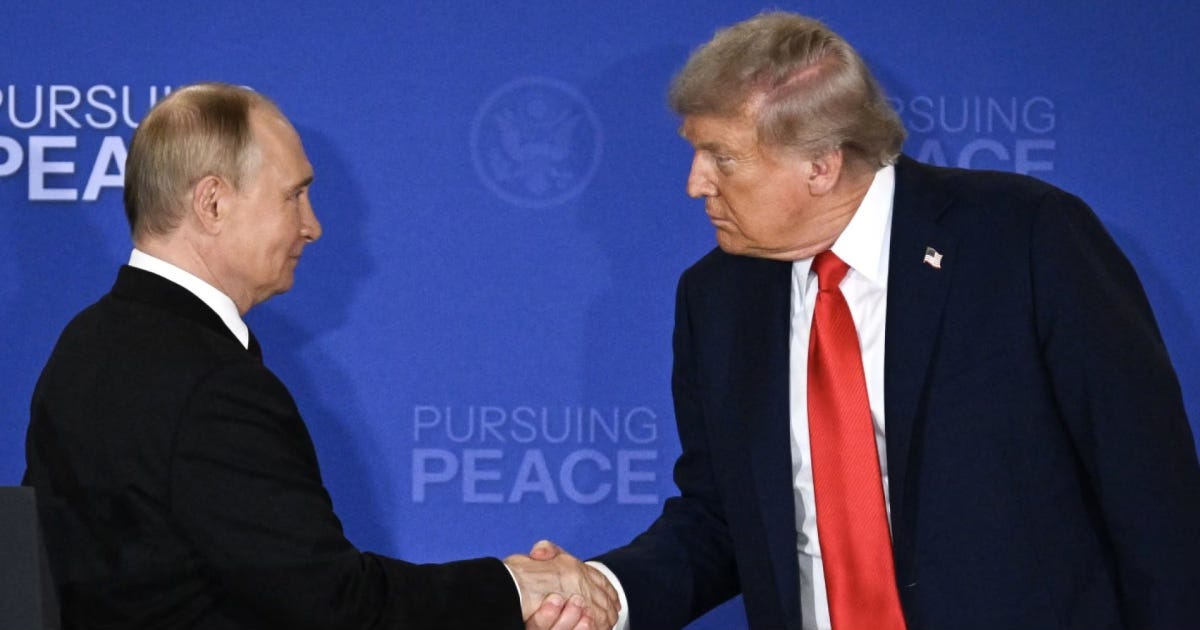Trump Must Put ‘Extra Heat’ on Putin, Diplomat Who Knows the Russian says
‘You're going to have to stare down Putin at some point,” says Daniel Fried in the SpyTalk interview. He only understands force.
The attire may have been unusual. But the message was unmistakable.
When Russian Foreign Minister Sergey Lavrov showed up last week at the Alaska Summit between President Trump and Vladimir Putin, there was no shortage of double takes when onlookers noticed he was wearing a grey sweatshirt with the letters emblazoned on the front: “CCCP.”
That’s Russian…




